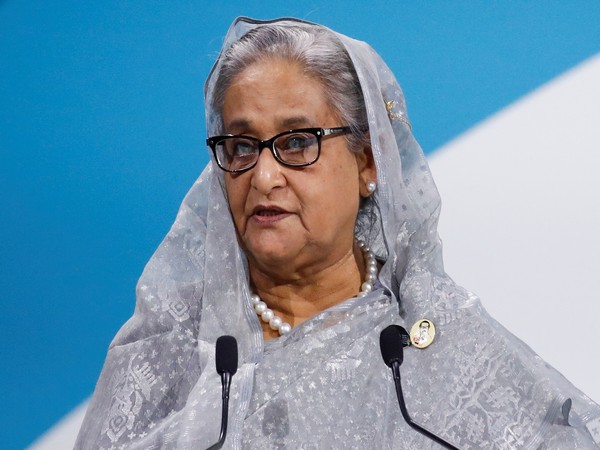lsamist Groups Played Decisive Role in the Fall of Sheikh Hasina’s Government in Bangladesh

Dhaka, Bangladesh - The recent political turmoil, violence, and protests in Bangladesh have highlighted the significant role Islamist groups played in the downfall of Sheikh Hasina’s elected government. Key players, including Jamaat-e-Islami (JeI) and Hefazat-e-Islam (HIB), capitalized on public discontent, using religious sentiments to fuel widespread protests.
Jamaat-e-Islami has been accused of organizing rallies and demonstrations, leading to violent clashes with security forces. Their student wing, Islami Chhatra Shibir, has been particularly active, turning student protests into a broader political movement and allegedly instigating violence.
Similarly, Hefazat-e-Islam has been deeply involved in anti-government activities, organizing large-scale rallies and being linked to violent confrontations. The group has long advocated for the implementation of Sharia law, including restrictions on women’s rights and changes to the education system to align more closely with Islamic principles.
These Islamist groups transformed public discontent into a religious and cultural movement against Sheikh Hasina’s government, intensifying the protests, especially in rural areas where they hold significant influence. Following Hasina's resignation, Jamaat-e-Islami has further escalated unrest, leading to more violent clashes and casualties.
Though the Bangladesh Army is a secular institution, some officers, particularly retired ones, have had ties to Jamaat-e-Islami, influencing the political landscape during periods of unrest. The army’s decision not to enforce the curfew and withdraw support from Sheikh Hasina’s government played a crucial role in the protests' outcome.
The involvement of these Islamist groups has added complexity to Bangladesh’s political landscape, creating division and uncertainty in society. Their actions have raised serious concerns about the future direction of the country and the increasing role of Islamist groups in shaping it.




![From Kathmandu to the World: How Excel Students Are Winning Big [Admission Open]](https://nepalaaja.com/img/70194/medium/excel-college-info-eng-nep-2342.jpg)
